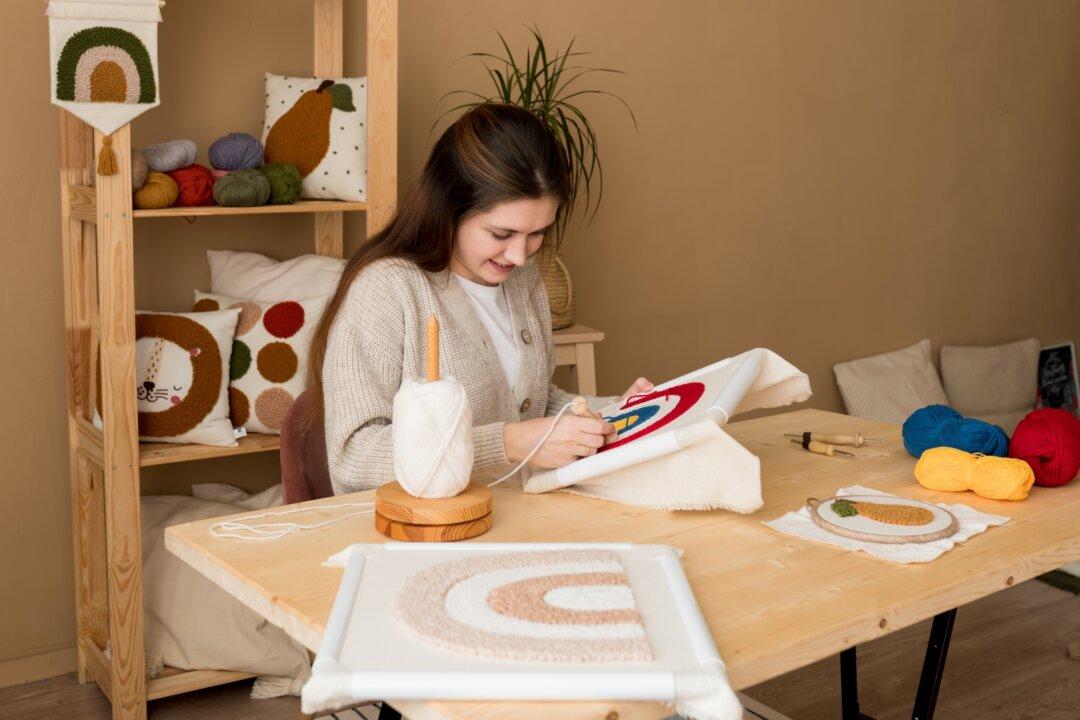We spend most of our days doing similar routines—waking at the same time, eating the same breakfast, doing similar tasks at work, communicating with the same people, wearing the same outfits, and watching the same TV shows. And on it goes.
When we make our routines and habits effortless, it can help us to feel healthier and less stressed, and even allow us to live longer. Habits are key to maintaining physical and mental health.






